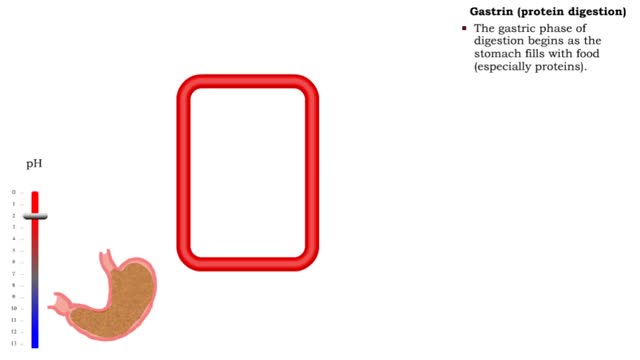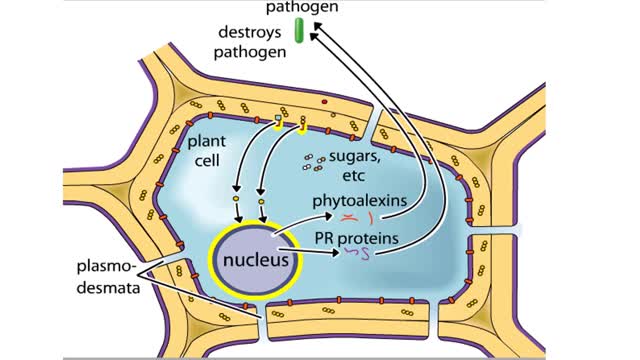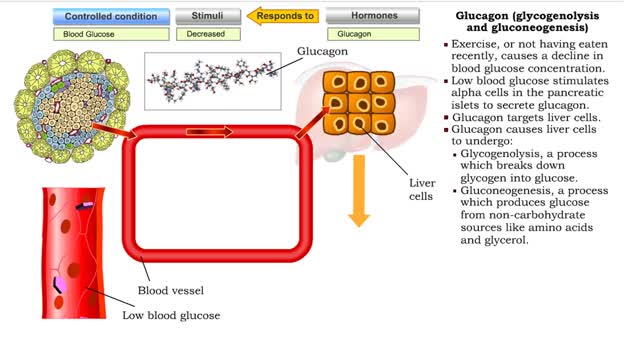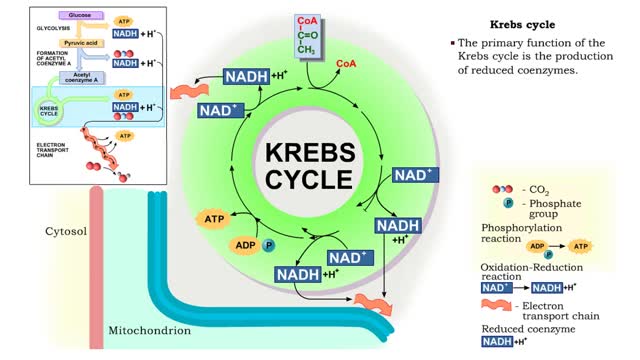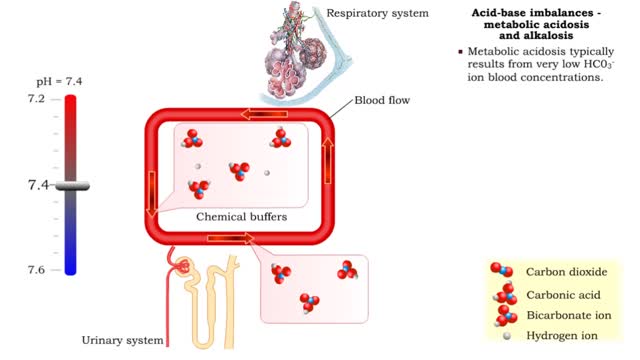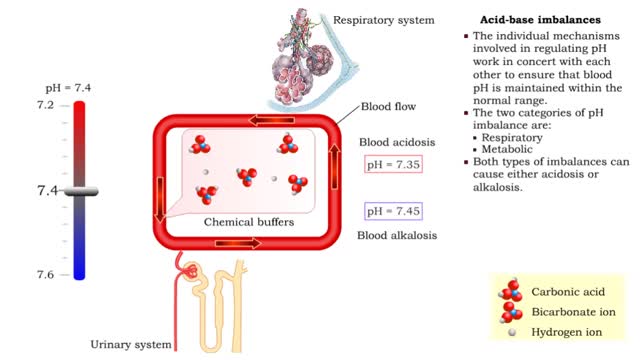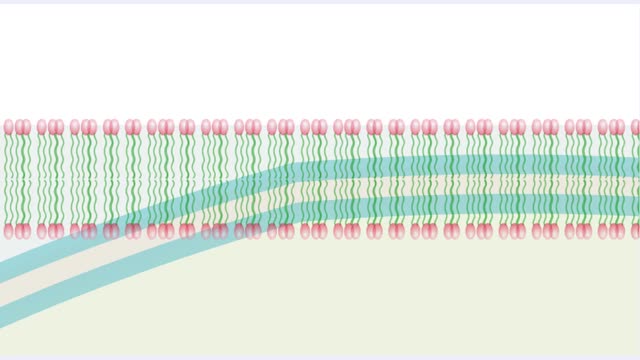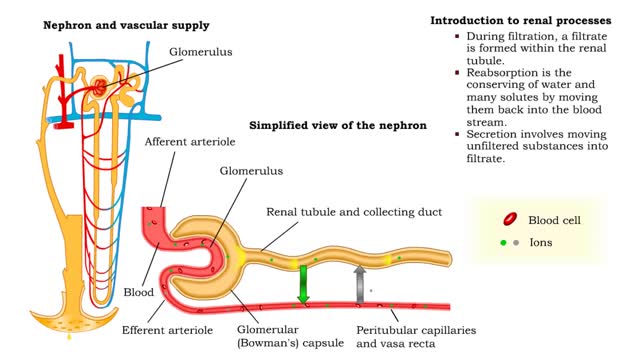Search Results
Results for: 'amino acid'
By: HWC, Views: 11171
The endocrine system maintains many body conditions within normal limits with feedback loops. Each endocrine feedback loop maintains homeostasis using the following components: • Stimulus - a change in a body condition. • Production cell - an endocrine cell that produces a hormone after b...
Plant Defense Mechanisms from Pathogens
By: HWC, Views: 10419
Plants and pathogens have coevolved such that pathogens can recognize plants by the sugars, or other molecules, they produce. Plants, in turn, can recognize pathogens by the molecules they produce. The ability to recognize pathogens allows plants to activate defense systems that can prevent wides...
Gastroesophageal Reflux Disease (GERD)
By: Administrator, Views: 13982
Gastroesophageal reflux disease, or GERD, is a digestive disorder that affects the lower esophageal sphincter (LES), the ring of muscle between the esophagus and stomach. Many people, including pregnant women, suffer from heartburn or acid indigestion caused by GERD.
Glucagon (glycogenolysis and gluconeogenesis)
By: HWC, Views: 10820
• Exercise, or not having eaten recently, causes a decline in blood glucose concentration. • Low blood glucose stimulates alpha cells in the pancreatic islets to secrete glucagon. • Glucagon targets liver cells. • Glucagon causes liver cells to undergo: • Glycogenolysis, a proce...
Krebs cycle : Formation of acetyl coenzyme A and Electron transport chain
By: HWC, Views: 11244
The oxidation of glucose to produce ATP is cellular respiration. Four sets of reactions are involved: Glycolysis Formation of acetyl coenzyme A Krebs cycle reactions Electron transport chain reactions • The second pathway of glucose catabolism, formation of acetyl coenzyme A, is a transi...
Acid-base imbalances - metabolic acidosis and alkalosis
By: HWC, Views: 11102
• Metabolic acidosis typically results from very low HCO3- ion blood concentrations. • Metabolic alkalosis typically results from very high HCO3- ion blood concentrations.
Acid-base imbalances - respiratory acidosis and alkalosis
By: HWC, Views: 11371
• The individual mechanisms involved in regulating pH work in concert with each other to ensure that blood pH is maintained within the normal range. • The two categories of pH imbalance are: • Respiratory • Metabolic • Both types of imbalances can cause either acidosis or alka...
Molecules, Membrane Permeability and Structure
By: HWC, Views: 10490
Organisms are not isolated system at equilibrium and need to intake nutrients and electrolytes as remove wastes. Similarly Cells within an organism must also exchange compound by passing them through membrane. The permeability of a membrane is the rate of passive diffusion of molecules th...
Introduction to filtration - filtrate formation and composition
By: HWC, Views: 11177
• At the nephron, the three process responsible for the formation of urine include: • Glomerular filtration. • Tubular reabsorption. • Tubular secretion. • During filtration, a filtrate is formed within the renal tubule. • Reabsorption is the conserving of water and many s...
Advertisement



